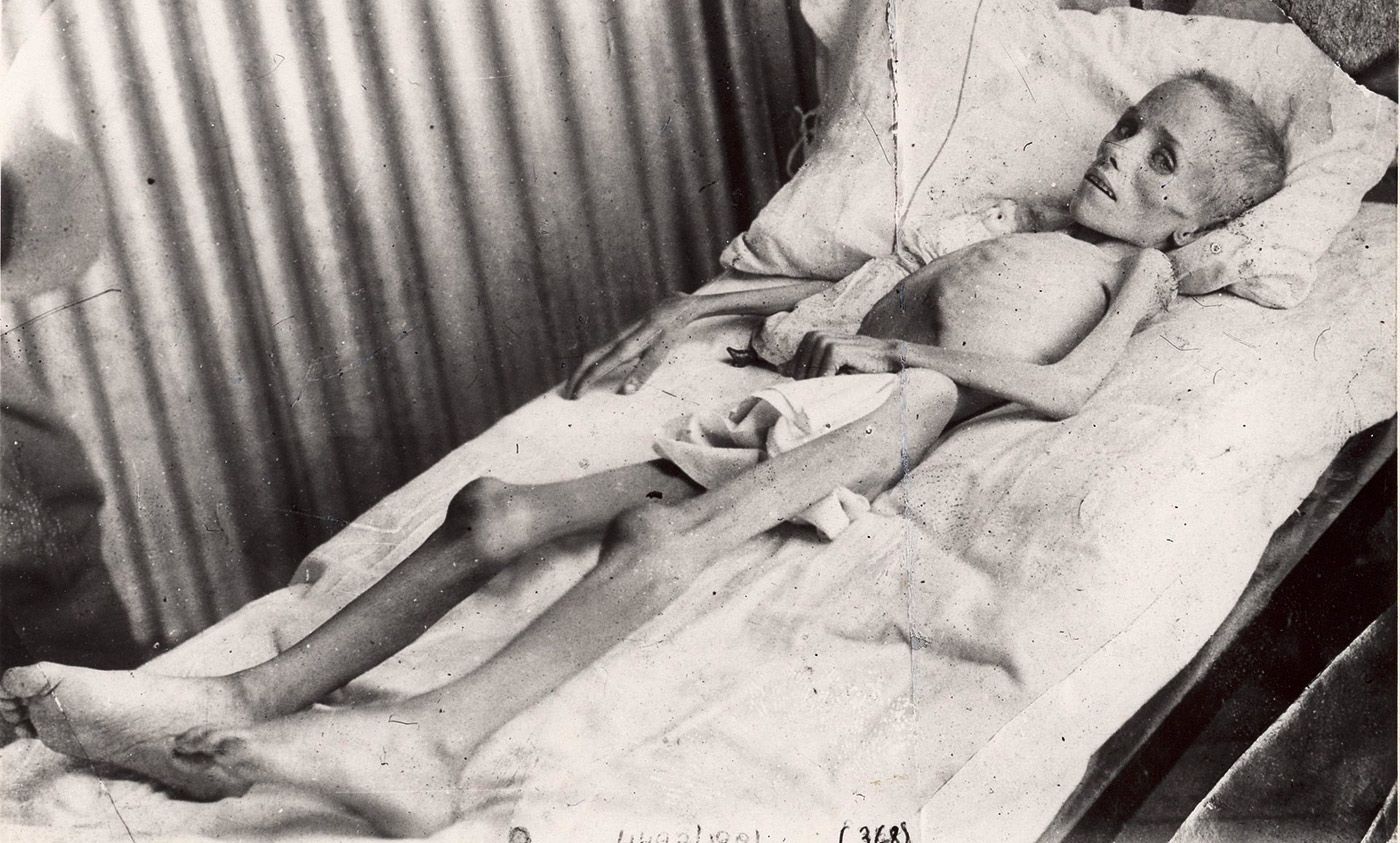CovOps

 Location : Ether-Sphere Location : Ether-Sphere
Job/hobbies : Irrationality Exterminator
Humor : Über Serious
 |  Subject: Concentration Camps Reveal the Nature of the Modern State Subject: Concentration Camps Reveal the Nature of the Modern State  Sat Jul 15, 2017 2:11 am Sat Jul 15, 2017 2:11 am | |
| In the history of concentration camps, there is one thing that everyone knows: they were invented by the British. The idea of isolating unwanted population groups in purpose-built camps was implemented in South Africa in the context of the Anglo-Boer War, with horrific consequences for the Boer population. Although it would be left to the Nazis to perfect the institution, making it into one of the most recognisable in the modern world, concentration camps are the link between the Boer War and the Holocaust.

This simple narrative hides a far more complex history. Concentration camps are an institution that has changed over time, with techniques of incarceration shared and spread across the world, and of brutal ‘population management’ through terror. Above all, this is not simply a history of colonial atrocity and mad dictators; rather, it is a history that takes us to the heart of the modern state. Concentration camps reveal something about the nature of states that, in an age of heightened uncertainty and rising nationalism, should give us pause for thought.
Like most simplifications of history, the ‘Boer War to Auschwitz’ narrative is not wholly untrue. The British Army did indeed erect something called ‘concentration camps’ for Boers. But they also did so for black Africans, almost as many of whom were incarcerated as Boers and, unlike Boers, were subjected to forced labour. The camps set up by Herbert Kitchener did see massive death rates, at least at first, yet, paradoxically, improved conditions after the British proconsul Alfred Milner took over had the effect of ‘legitimising the camp idea internationally’, in the words of the historian Jonathan Hyslop.
None of this was to the credit of the British. Around the same time, concentration camps or zones of ‘re-concentration’ had been set up by the Spanish in Cuba and the Americans in the Philippines. Moreover, many preceding institutions look in retrospect like proto-concentration camps: prisons, quarantined islands, slavery plantations, forced removals in colonial settings (such as Flinders Island in Australia or Shark Island in German Southwest Africa) and workhouses all show that the idea of isolating undesirable groups is ancient, and that concentration camps exist on a continuum of incarceration practices.
https://aeon.co/ideas/concentration-camps-reveal-the-nature-of-the-modern-state
_________________
Anarcho-Capitalist, AnCaps Forum, Ancapolis, OZschwitz Contraband
“The state calls its own violence law, but that of the individual, crime.”-- Max Stirner
"Remember: Evil exists because good men don't kill the government officials committing it." -- Kurt Hofmann |
|

